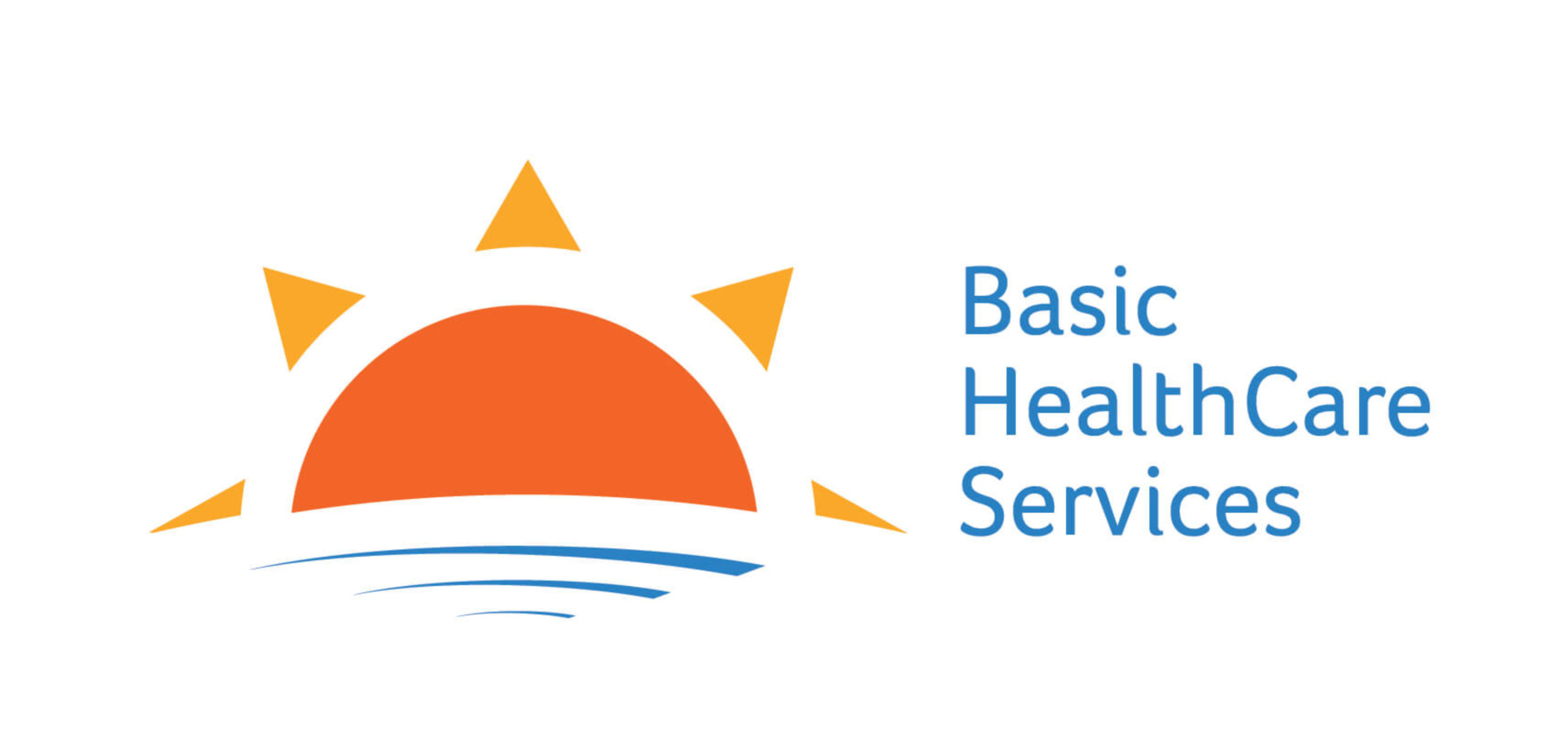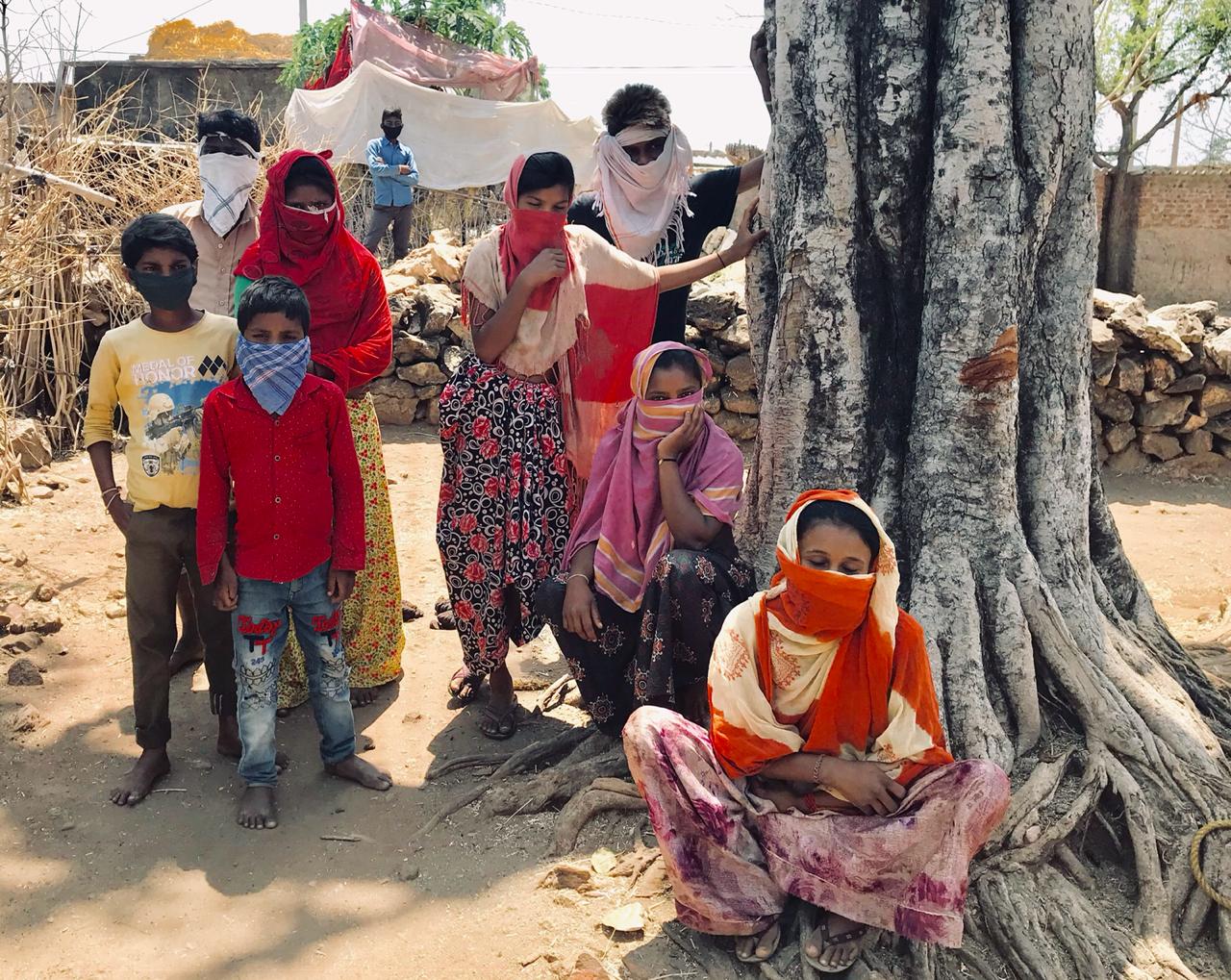In the second wave of the pandemic in India, we are seeing an insidious but sure increase in COVID-19 in rural areas of South Rajasthan; much more than in first wave. Higher infectivity of the virus, massive transmission in urban areas and greater mobility of people between rural and urban areas appear to be responsible for this spread.
What can the civil society organizations do to prevent the spread of the infection in rural areas, and to mitigate its impact on health and well-being of the populations? Here are some thoughts:
Get yourself well-versed with the disease, its transmission, preventive measures and treatment options:
This is the most critical of all. Some important facts that we need to know, which is often counter to the common messaging, for example: staying outdoors is more feasible and has much less risk of transmission than staying indoors. In terms of treatment, knowing that except for when your oxygen levels are low, there is no value in going to a hospital; and that CT scan is not diagnostic of COVID can help allay much anxiety and costs of care. And that besides steroids, there is no other proven medication for treatment can also help reduce much stress related to sourcing other drugs and costs of care.
One the staff of Civil society organizations are better versed, they can help the communities much more. They would also need to understand where the COVID care is available in the district, and guide people accordingly. Finally, they need to well understand the value and limitations of the vaccines, so that they can advice accordingly.
Help people reduce the congregations:
While working outdoors in farms alone or with a few others has much less risk than staying indoors, this is a marriage and festive season. We are seeing many people congregating for marriages and festivals. Speaking with people and the “gatekeepers” can help in seeing them the point in not congregating and will help in reducing the transmission.
Help people address the “misgivings” about the vaccine:
We are seeing that because of the need to reach targets, many government functionaries had been coercing elders to get vaccinated or else risk withdrawal of old age pensions. Such actions, in long term, are counterproductive. Engaging families in conversation, making them see the value of vaccination, accepting that we do not know all the truth, yet vaccination appears to be our best bet; would help build trust and would help improve acceptance of the vaccination in the long run. CSOs, because of their trust and connect with people can be helpful.
Vaccination support:
In rural areas, having vaccination points and vaccinators does not appear to be much of a problem, as we see in our own PHC area. Existing ANMs are able to take on the load, and there are large numbers of the bench (qualified but not in jobs: many more GNMS as well). CSOs can check with their local PHCs and sub-centers and offer help whenever required, for example for managing a vaccination centre. There does not appear to be a need to supplement the human resources.
In summary, understanding and addressing myths around vaccination, messaging on preventing gatherings (as opposed to working outdoors), and supporting the public systems in vaccination as well as in managing COVID patients would be priorities.
And finally, helping families access and ensure continuity of other non-COVID care especially for safe childbirths, tuberculosis and HIV would be extremely helpful in these trying times.
– Pavitra Mohan, a paediatrician and public health physician, is the co-founder of Basic Health Care Services. He leads health services at Aajeevika Bureau.

